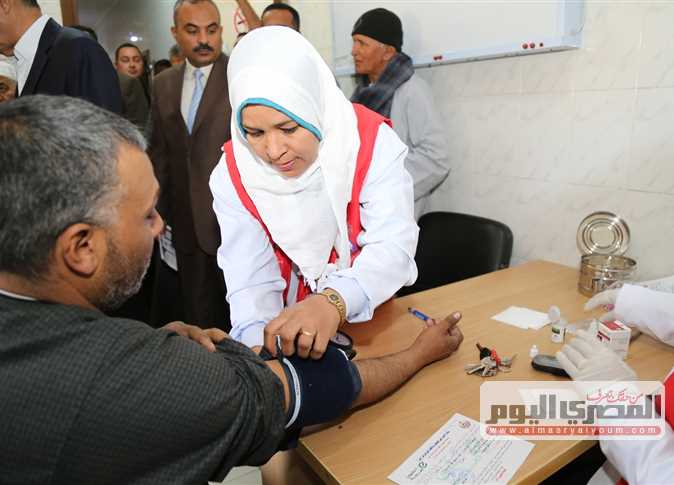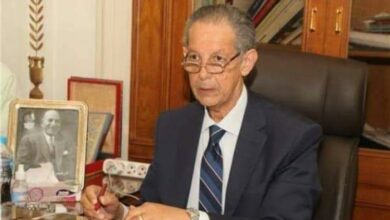The Ministry of Justice is intentionally stalling proxies for Mohamed ElBaradei and Amr Moussa, sources have told Al-Masry Al-Youm.
Sources say that the ministry has issued directives to notary agents nationwide to offer pretexts for delaying the granting of citizen proxies for the two potential candidates. The ministry instructed employees in governorates throughout Egypt to tell petitioners that they must obtain written clearance from the Ministry of Justice’s main headquarters in order to issue the authorization, sources said.
Both ElBaradei, the former head of the International Atomic Energy Agency, and Amr Moussa, head of the Arab League and former foreign minister, have suggested that they might run for the presidency in the 2011 presidential election if there are constitutional changes increasing accessibility.
Sources said that Minister of Justice Mamdouh Marei’s instructions to stall proxies for the two potential candidates came last Tuesday, concurrent with a LE130 increase in bonuses for notary employees.
The campaigns have reacted by resorting to popular proxies.
Safwan Mohamed, campaign coordinator, said that the popular authorizations are similar in wording to official proxies, which include names, official ID numbers, and fingerprints. The only difference between the two types of proxies is that the popular proxies are not registered with a notary. Mohamed said that counselor Mahmoud el-Khodeiry, Hasaballah el-Kafrawy, Mona Makram Ebeid, and Hisham el-Bastawisy, vice president of the court of cassation, have all joined the movement.
A number of lawyers and law professors say that the notary officials’ rejection of the proxies is illegal. The lawyers argue that citizens have the right to report incidents of stonewalling.
Bahaa Abu Shaqqa, a member at the supreme committee of Wafd party, said that citizens who face obstruction from the Justice Ministry can demand compensation.
Translated from the Arabic Edition.




